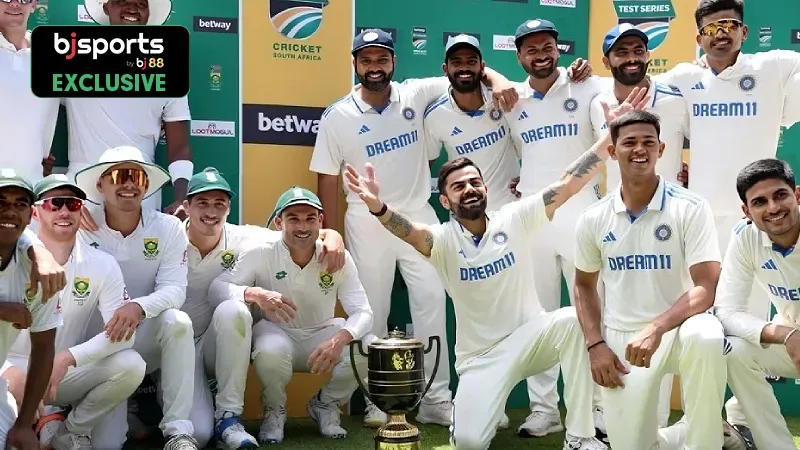
At the Newlands Cricket Ground, Rohit Sharma and company defeated the hosts, South Africa, by an incredible 7 wickets to secure the series 1-1. Additionally, this match ended up being the shortest in Test cricket history. The Proteas failed to score enough runs despite some outstanding bowling performances from Mohammed Siraj and Jasprit Bumrah in the first and second innings, respectively.
Leading the Indian pace attack, Bumrah took six wickets while catching some big fish, such as Tristan Stubbs and Aiden Markram. Meanwhile, Mukesh Kumar took four wickets in each innings, delivering a spectacular performance with the red ball. In the opening session of the first day, Mohammed Siraj took a career-best six for 15 as the visitors knocked South Africa out for 55 in the first innings.
The choice by captain Dean Elgar to bat first backfired badly on a surface that had seam movement and bounce. Elgar, who had struck the game-winning century in the first test, was playing his final match. In the first innings, India responded well at 153 for 4, before losing six wickets without scoring a run—something that has never happened in a test match. The visitors’ streak of unfavourable landmarks continued as they matched the previous high of six dismissals for ducks.
India took an early lead because of Rohit Sharma’s quick 39-run, 50-ball total on a surface where the hosts were having trouble. Conversely, Virat Kohli amassed 46 runs before being removed by Kagiso Rabada. To tie the series with the hosts, India needed to chase just 79 runs in the second innings. Before Nandre Burger could dismiss Yashasvi Jaiswal, the Indian openers put up a solid opening partnership of 44 runs in 34 balls.
However, Rohit Sharma persevered to the very end, hitting 17 runs in 22 balls. After getting in position, Shreyas Iyer blasted Marco Jansen’s good-length ball for a lofted shot towards far on for a boundary, capping it off in style. In the end, India was able to chase down South Africa’s low goal of 79, winning by seven wickets and tying the series at one.
Only 107 overs were bowled throughout the match, which ended in just one and a half days, making it the shortest Test in the cricket history of the game. Because it only took 642 balls to earn us a result, this Test also ended up being the fastest in cricket history in number of balls.
Disclaimer: This exclusive news is based on the author’s insights, analysis, and intuition. While reviewing this information, consider the points discussed and form your own conclusions.
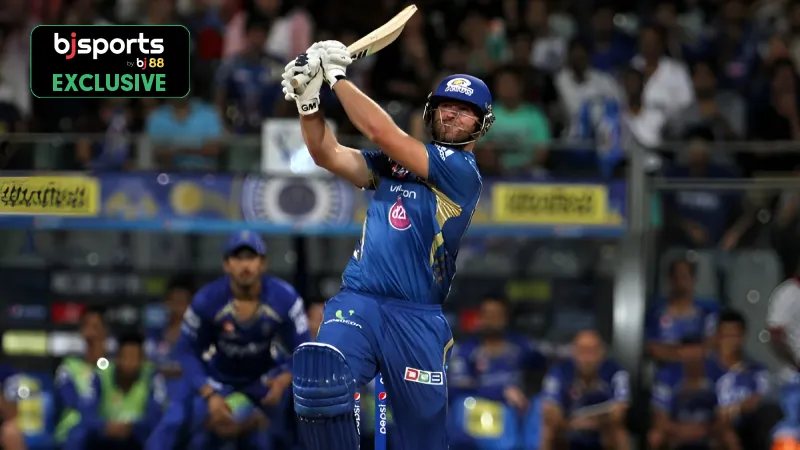 Top 3 performances of Corey Anderson in cricket
Top 3 performances of Corey Anderson in cricket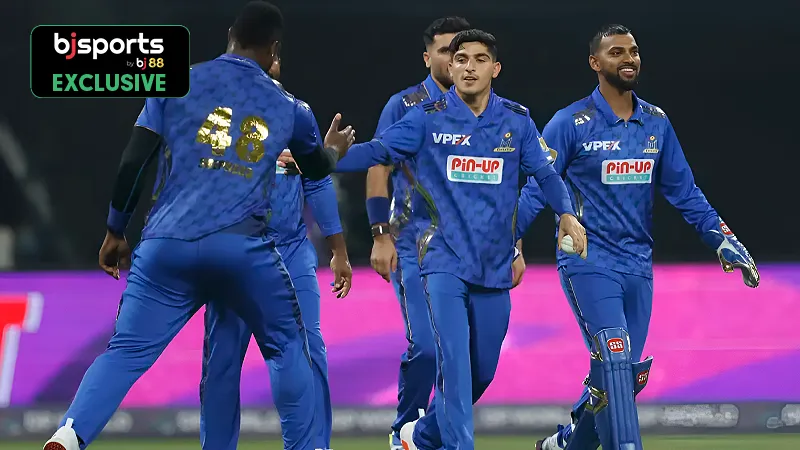 What MI Emirates’s Playing XI Could Look Like Against Sharjah Warriorz in the 14th Match of ILT20 2025
What MI Emirates’s Playing XI Could Look Like Against Sharjah Warriorz in the 14th Match of ILT20 2025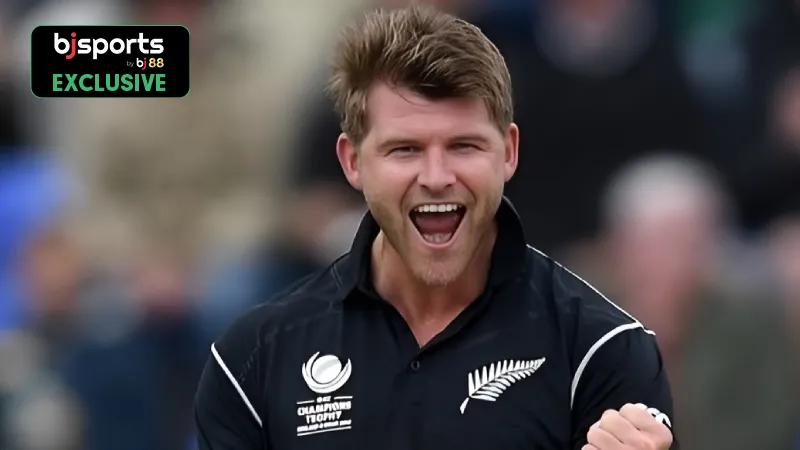 OTD Corey Anderson was born in 1990
OTD Corey Anderson was born in 1990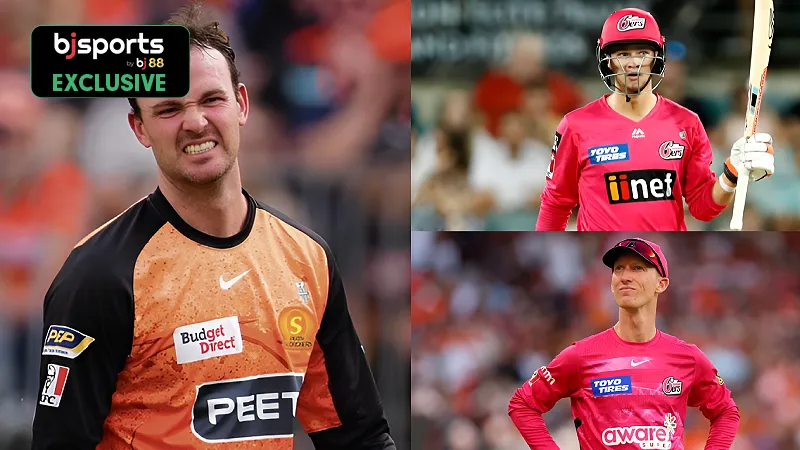 How These Batters Can Change the Game in Perth Scorchers vs Sydney Sixers, 1st Match | Big Bash League 2025
How These Batters Can Change the Game in Perth Scorchers vs Sydney Sixers, 1st Match | Big Bash League 2025

